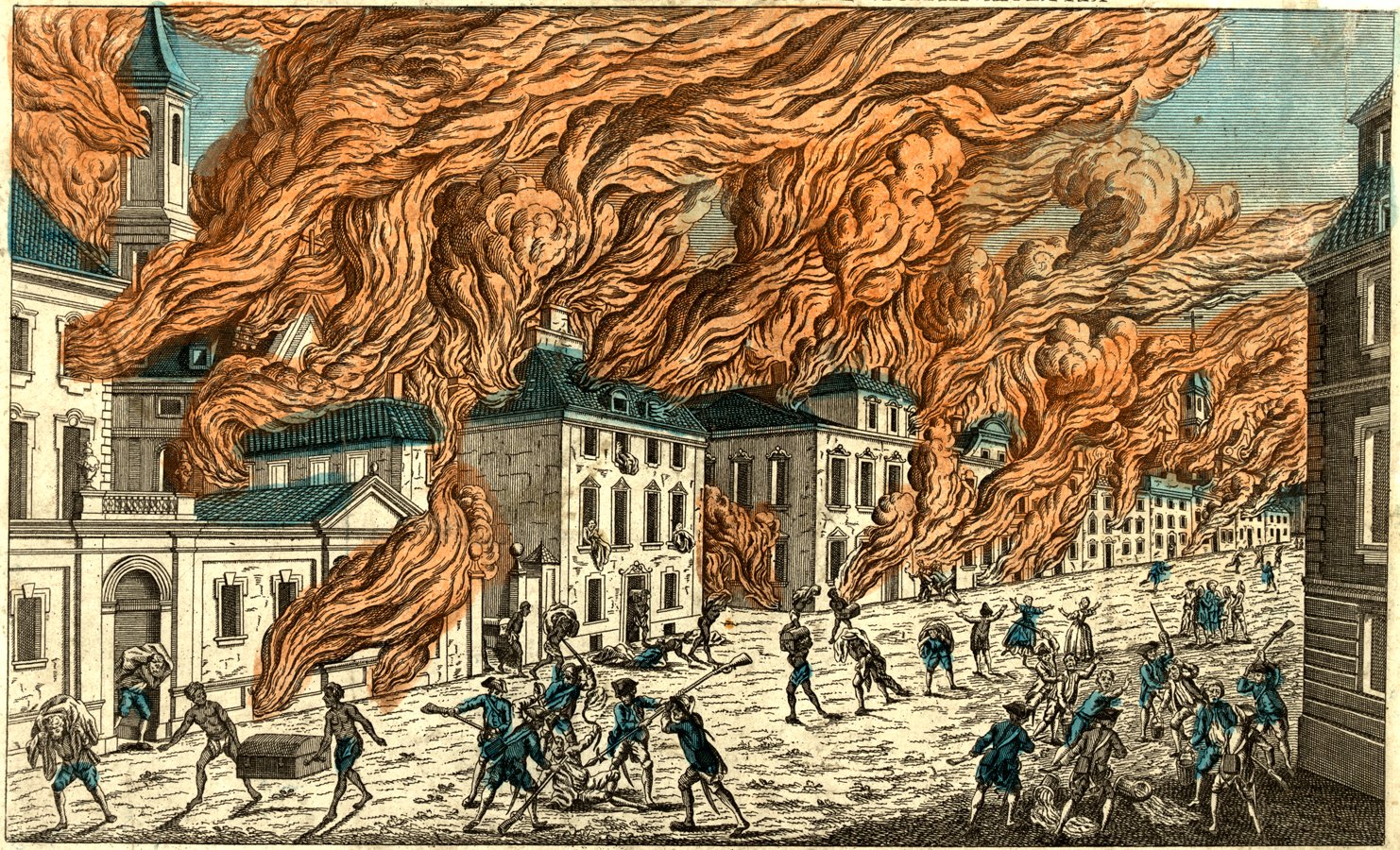
News and Blog
(The World According to Carp?)
Dispatches podcast appearance
We did a JAR Dispatches podcast about my recent article on Prince Pitkin, the "Negro man," and Capt. Abraham Van Dyck--give it a listen if you like!
Two Encounters: Captain Abraham Van Dyck, the "Negro Man," and Prince Pitkin
Oh, this is so exciting! The Journal of the American Revolution published my piece today on Capt. Abraham Van Dyck, an unnamed Black man in New York City, and Prince Pitkin of Connecticut. See how I connected the NYC Fire to some intriguing (and horrifying) stories about race and the American Revolution.
This story has a leopard, a freakishly large cow, a notorious Indian killer, a stoning, fat-shaming, a woman hiding a man in her bedroom closet, thoughts about eating one's dog, and six-foot snow drifts.
Return to the Alarmist Podcast
And...here we go! For all your podcast listening pleasure, The Alarmist Podcast invited me back to answer once and for all: Who is to Blame for the 1776 Great Fire of New York?
Women Waging War in the American Revolution on TV!
Back in October I got to participate in a panel at the Society of the Cincinnati in Washington, D.C., about an edited volume where I have an essay. The volume, Women Waging War in the American Revolution, was edited by Prof. Holly Mayer--the other essayists/panelists were Lauren Duval, Carin Bloom, and Don Hagist.
Welcome! Today is September 21
Welcome to the website! Today is the solemn and strange anniversary of September 21, 1776, the day that a devastating fire mysteriously burned about a fifth of New York City (then principally located at the tip of lower Manhattan). In a few months, my book, The Great New York Fire of 1776: A Lost Story of the American Revolution, will tell that story, and you can pre-order it now, if you like.
Today I just want to think about the lives lost on that day. Many historians have been skeptical that the Great Fire was anything other than an accident. Yet the evidence seems indisputable that British soldiers (who had just occupied the city six days before) and their allies in the city killed a number of people who they suspected of setting New York City on fire. And these were gruesome murders, too—supposedly some of the victims were stabbed with bayonets or thrown into burning buildings to be immolated. We don’t know how many people were killed this way. We only know one of their names, for now: a carpenter named Wright White, who may well have been a Loyalist suffering from alcoholism, in the wrong place at the wrong time. The other victims are anonymous. The laws of war at the time said that it was justifiable to summarily execute a person caught in the act of incendiarism. Nevertheless, it bothers me that we have so little evidence by which we might remember the people killed in the wee hours of September 21, while the city burned all around them.
The British had no need to memorialize these people: they just used them as examples of how depraved the American rebels were. The rebels didn’t want to memorialize them either—they were too busy denying that the Continental Army (and George Washington) had anything to do with the burning of New York City.
UPDATE: Of course, on today of all days, it’d be churlish not to end a post on memory without this song by Earth, Wind, and Fire.



